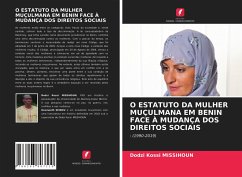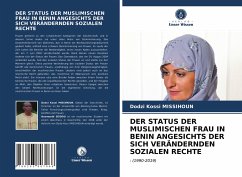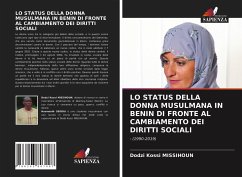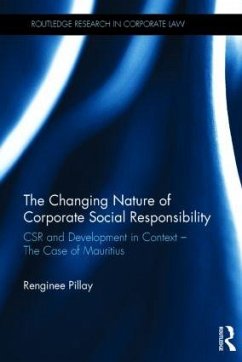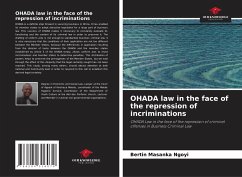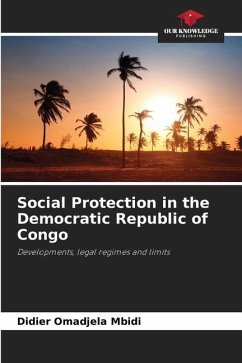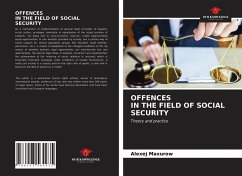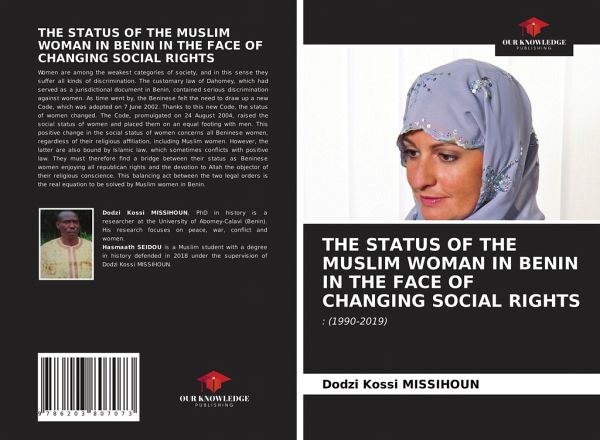
THE STATUS OF THE MUSLIM WOMAN IN BENIN IN THE FACE OF CHANGING SOCIAL RIGHTS
: (1990-2019)
Versandkostenfrei!
Versandfertig in 6-10 Tagen
27,99 €
inkl. MwSt.

PAYBACK Punkte
14 °P sammeln!
Women are among the weakest categories of society, and in this sense they suffer all kinds of discrimination. The customary law of Dahomey, which had served as a jurisdictional document in Benin, contained serious discrimination against women. As time went by, the Beninese felt the need to draw up a new Code, which was adopted on 7 June 2002. Thanks to this new Code, the status of women changed. The Code, promulgated on 24 August 2004, raised the social status of women and placed them on an equal footing with men. This positive change in the social status of women concerns all Beninese women, ...
Women are among the weakest categories of society, and in this sense they suffer all kinds of discrimination. The customary law of Dahomey, which had served as a jurisdictional document in Benin, contained serious discrimination against women. As time went by, the Beninese felt the need to draw up a new Code, which was adopted on 7 June 2002. Thanks to this new Code, the status of women changed. The Code, promulgated on 24 August 2004, raised the social status of women and placed them on an equal footing with men. This positive change in the social status of women concerns all Beninese women, regardless of their religious affiliation, including Muslim women. However, the latter are also bound by Islamic law, which sometimes conflicts with positive law. They must therefore find a bridge between their status as Beninese women enjoying all republican rights and the devotion to Allah the objector of their religious conscience. This balancing act between the two legal orders is the real equation to be solved by Muslim women in Benin.





